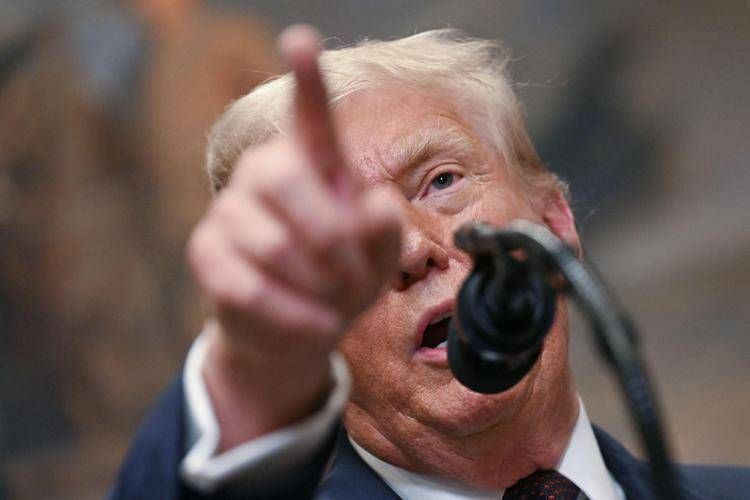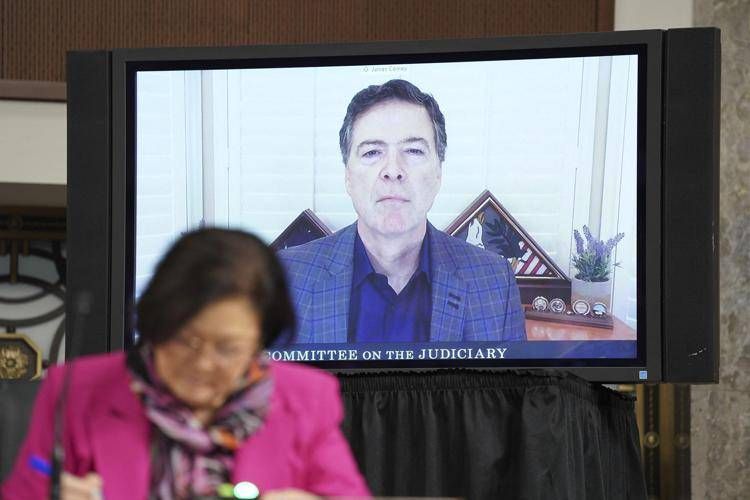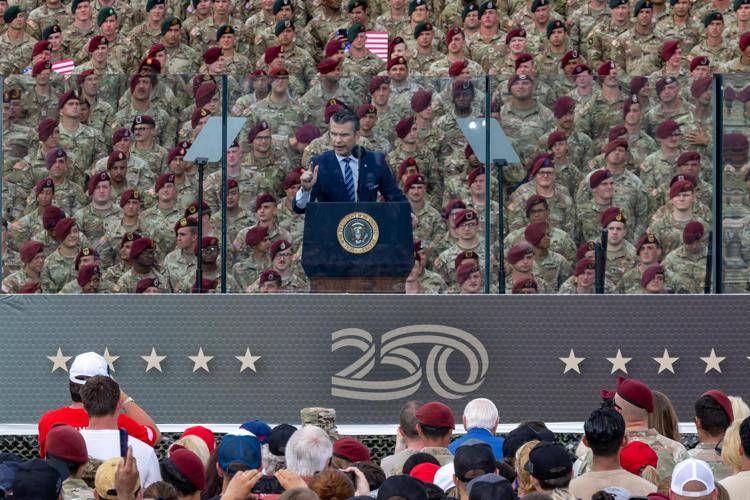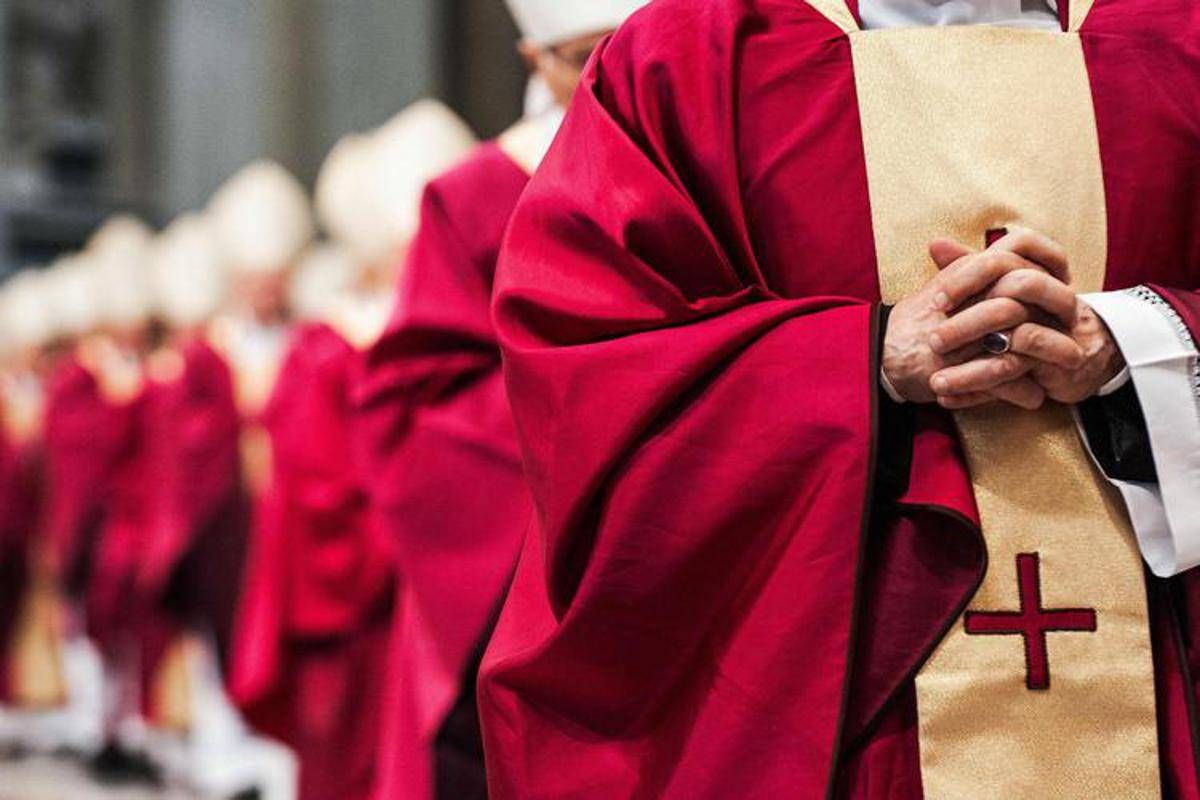
After Pope Francis: a future of reform or restoration?
-
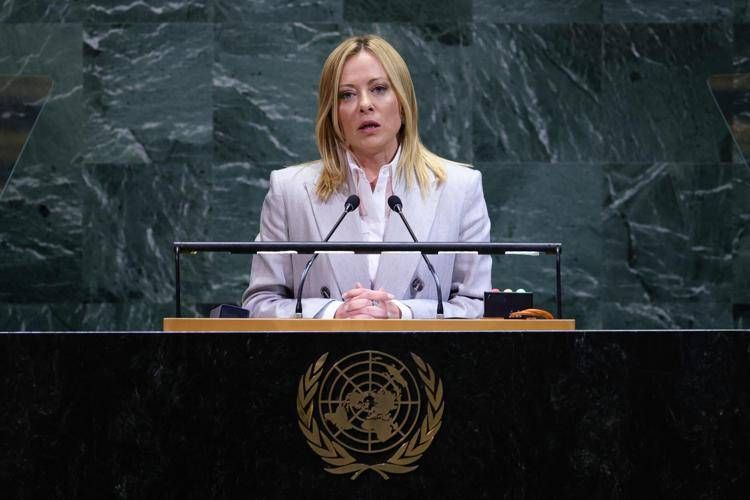

Meloni-Onu: “Russia e Israele oltre il limite, servono regole nuove”
-


Roma, arrestato trentenne: 70 kg di droga nascosti in auto “caveau” VIDEO
-
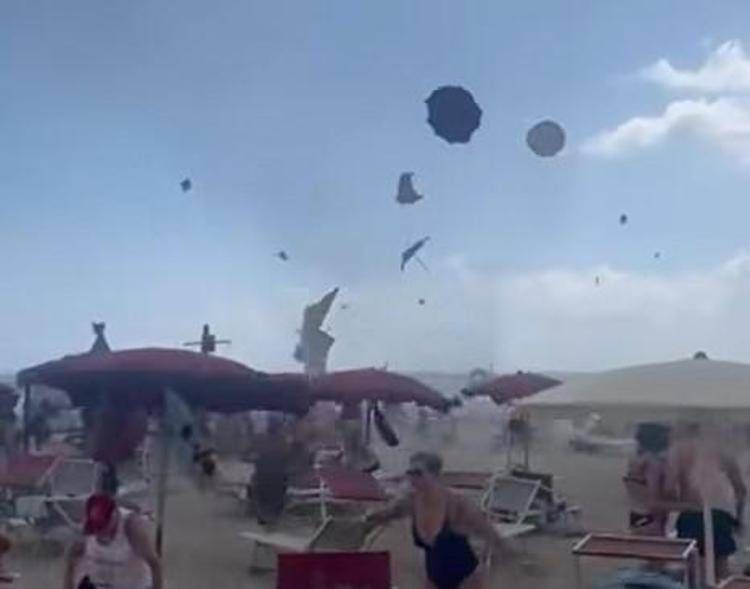

Tromba d’aria spiaggia di Maccarese: ombrelloni in volo, panico tra i bagnanti VIDEO
-


Cima Falkner si sgretola, vietati sentieri e vie alpinistiche nel Brenta VIDEO
With the death of Pope Francis, the Catholic Church faces a crucial choice. Will it be possible to continue on the path of reform, or will conservative forces that aim to return the institution to a more traditional vision prevail?
The pontificate of Pope Francis has been a period of profound transformation for the Catholic Church. His reforms, from the reorganization of the Curia to a focus on the poor and a more open and inclusive pastoral vision, have shaken a Church often anchored in traditional practices. But with Francis’s death on April 21, 2025, the Church faces a crossroads: to continue on this path of reform or to stop, reverting to a more conservative and institutional vision?
The big question now is: Is there a successor who can continue in continuity with Pope Francis, or will we see a prevalence of conservative forces attempting to restore a more traditional Church?
Pope Francis’ reform drive
When Pope Francis took the papal throne in 2013, he brought with him an imprint that would radically change the face of the Church. His focus on the poor, his emphasis on mercy, his push for a more inclusive Church, and his policy of openness to remarried divorcees and minorities marked a break with the past. At the same time, the reform of the Roman Curia, the promotion of a Church that is less centralized and closer to the geographical and spiritual peripheries, have marked a papacy that has been willing to listen to the world, without sacrificing faith.
Francis has, in a sense, prepared the ground for a “new humanism,” where the Church’s role is not only to preserve doctrine but to be a protagonist in building a more just and fraternal society. His figure was also a response to the difficulties the Church experienced in previous decades, particularly the abuse crisis and the growing disillusionment of God’s people.
But now, after his passing, we are faced with a Church that, despite its contradictions, seems unable to turn back. However, this does not mean that the future will necessarily be a path without obstacles.
Conservative forces: a return to tradition?
After a pontificate that has challenged many of the Church’s traditional certainties, conservatives feel the need to restore a certain order and to restore certain practices that they say have been threatened by Francis’ reformist vision. These groups are not united, but they are cohesive in the idea that the Church should remain anchored in tradition and established doctrine. Among the most controversial issues, positions on celibacy, family, and the role of women have been at the center of debate. The risk of restoration lies not so much in a return to a distant past, but in the reintroduction of a Church that is more about its authority and doctrine, rather than the humanity and inclusiveness Francis has promoted.
Many inside and outside the Vatican fear that the next pontiff may seek to dismantle some of the most significant developments of this pontificate. Priestly celibacy, for example, could again become a central issue, as could the position toward remarried divorcees and same-sex couples. Some conservative cardinals have spoken out publicly against Francis’ approach to these issues, pointing to a more “traditional” path for the Church.
But despite the weight of these forces, the reality of the contemporary Church may not allow for a complete restoration.
The continuity of reforms: who might be the successor?
There are figures in the College of Cardinals who could embody continuity with Pope Francis’ reforms. Some of these cardinals are not simply “continuers” of a Bergoglian vision, but authentic witnesses to the change brought by the Argentine pope. Prominent among them are figures such as:
Matteo Zuppi, archbishop of Bologna, who has demonstrated a great capacity for mediation and involvement in Italian and international ecclesial life. His inclusive vision and ability to dialogue with all components of the Church place him as one of the strongest candidates for a reforming continuity.
Jean-Marc Aveline, Archbishop of Marseille, a figure who has made the culture of interreligious dialogue and ecumenism a hallmark of his pastoral action. His openness to the Muslim world and his attention to the social reality of the peripheries could be a sign of continuity with Francis’ address.
Víctor Manuel Fernández, an Argentine theologian who has always been close to Francis’ thinking, is considered one of the most authentic interpreters of his vision for the Church. His experience in the Doctrine of the Faith could be a guarantee of stability, but also of renewal.
Some observers might think that these figures are too “liberal” for the taste of a more traditionalist part of the Church, but in reality they are also among the most pragmatic, and they know that real change cannot be imposed from above, but must be the result of a deep and serious dialogue with the modern world and its challenges. However, there are names that are much less mentioned but with chances that could smash every expectation, personalities who fully trace Francis’ innovative thinking to arrive at a true “new humanism.” Cardinals from the periphery who have already “gotten their hands dirty” in welcoming the least in the field.
The difficult balance: continuity or restoration?
The pontificate that will follow Pope Francis will have to reckon with an ecclesial world that has been profoundly marked by his reforms, but which at the same time is reckoning with the weight of internal forces pushing toward a more conservative Church. The big question is whether these forces will prevail, leading the Church to a return to a more traditional vision, or whether, on the contrary, the Church of the future will be able to maintain the course set by Francis, without compromising its identity but, rather, evolving with the times.
In any case, the election of the next pope will be decisive not only for the Church but also for its role in the world. The Catholic Church will have to come to terms with its being a millennial institution, confronting modernism, but also having to listen to the urgencies of contemporary society.
The challenge is not only doctrinal, but above all spiritual and pastoral: will it be the Church of mercy or the Church of judgment? Will it be the Church that dialogues with everyone or the one that is entrenched in its certainties?
The age we live in demands a Church that is able to respond to the concrete needs of humanity, without losing its universal message. And, in the near future, it will be clear whether the Church decides to be a sign of hope and openness, or whether it returns to being a stronghold of unchanging doctrines.
Stefano Giorgi: “A courageous, uncompromising pope is needed”
We asked Stefano Giorgi *, an author of novels, short stories and essays, known for his ability to explore the depths of the human soul, dealing with themes such as emotions, loneliness and rebirth, for his opinion in this regard.
“I thank you for the opportunity to express a thought on a topic that concerns all of humanity today. They usually say, ‘When one Pope dies, another is made,’ but this time the election takes place at a time of global uncertainty, where ethics and morality seem crushed by financial logic and rampant conflict.
We live in a time when masses of people are prey to anxieties and fears about a future that has never been so uncertain. The specter of new wars renders peoples and nations fragile, while the poor grow poorer and the rich become entrenched in their privileges, pushing back those who flee theaters of suffering. World, continental and federal organizations, which for decades have tried to contain this divide, today appear crumbling and powerless. The very values enshrined in the Charter of Human Rights are routinely ignored.
Against this backdrop, it is logical to hope that an institution such as the Catholic Church can be a concrete and active reference point for the defense of human rights, capable of influencing the political choices of governments toward greater sensitivity to the values of peace, solidarity, mutual aid and the sharing of resources. An expectation that, in my opinion, does not concern only Christian or Catholic people.”
How do you think a synthesis between the various souls of the Church can be found to name these pressing needs with which the throne of Peter will be confronted? Do you think it will be possible or will we move toward a shattering of the Church’s temporal power?
“It is difficult to say. I think, however, that a shattering would not necessarily be negative. History teaches us that sometimes radical cures are necessary for the sick person to recover. The important thing is that Pope Francis’ successor has clear ideas and the charisma that only an authentically divine investiture can confer.
I give an example: the full recognition of the female universe within ecclesiastical institutions. If this point, so clearly expressed in Gospel teaching, is finally addressed and overcome, it will be a historic step. Welcome then also a “hemorrhage” of figures no longer in tune with the times.
The same goes for concrete initiatives in favor of the marginalized, the invisible, the weak, the poor, and all those people discriminated against because of their affective life choices. There is indeed a lot of “meat on the fire” and the task of the next pontiff will not be easy. However, I believe that he will have to make clear-cut and non-negotiable choices, faithful to whom he claims to represent on Earth: that Jesus who accepted no compromise and showed us the way and the truth.”
TRUMAN SICILIANO
_______________________________________
* About Stefano Giorgi
Physician and writer, he was born in 1956 in Velletri. After a 30-year career in medicine, first as a general practitioner and later also as a dentist, he decided to take a new path, devoting himself to writing.
An author of novels, short stories and essays, Giorgi is known for his ability to explore the depths of the human soul, tackling themes such as emotions, loneliness and rebirth. His works reflect an intense observation of everyday frailties, with a focus on faith and spirituality, which are woven into his stories. A founder of a Christian community in Velletri, Giorgi continues to combine his vocation as a writer with his spiritual commitment, offering readers a profound view of the human condition and its challenges.
THE LATEST NEWS
(Photo: © AndKronos)
-
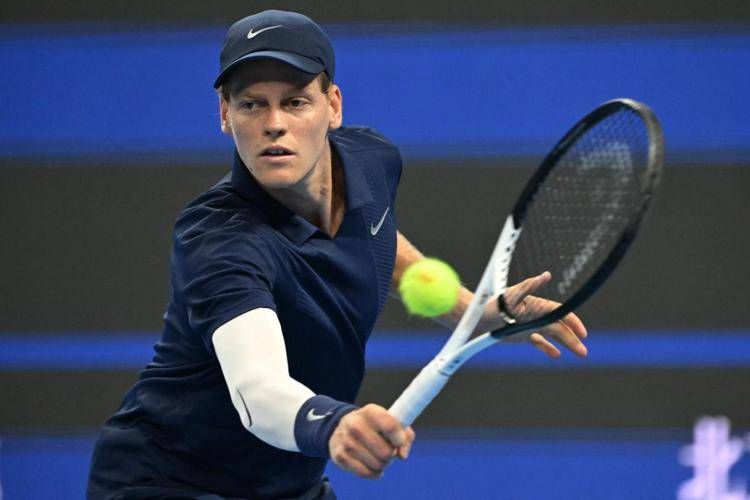
 Sport17 ore ago
Sport17 ore agoSinner-Atmane Pechino, orario e diretta tv del match di sabato
-
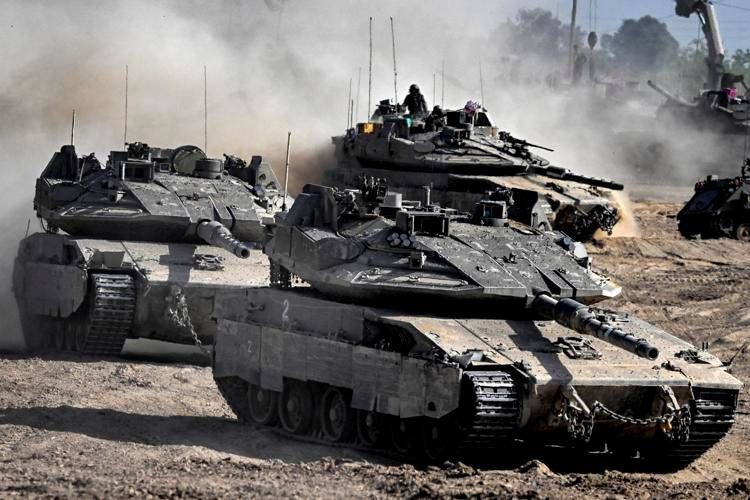
 Primo Piano17 ore ago
Primo Piano17 ore agoTrump, nuovo piano di pace per Gaza: accordo in 21 punti
-
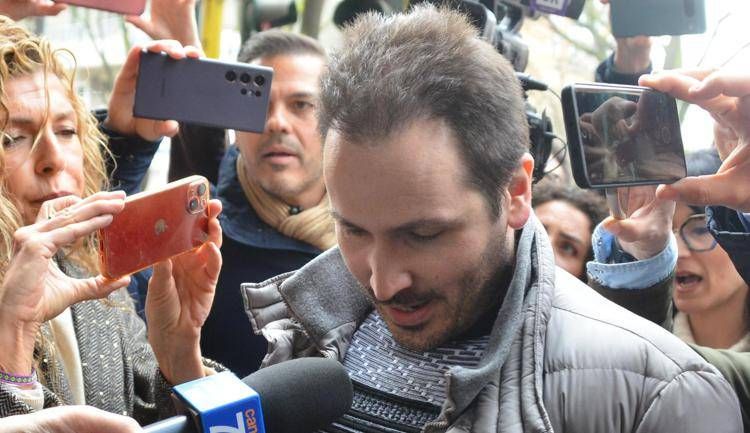
 News16 ore ago
News16 ore agoCaso Garlasco Sempio, genitori sentiti per 7 ore: «Mai corrotto nessuno»
-
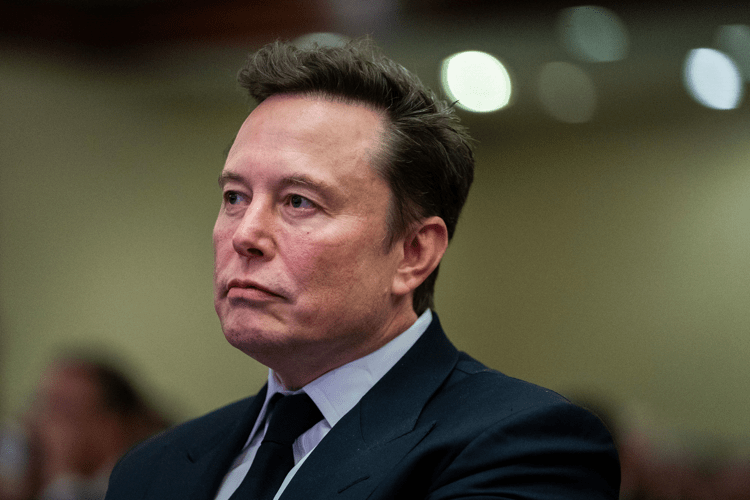
 International-News7 ore ago
International-News7 ore agoMusk Prince Andrea files Epstein: new documents reveal connections




